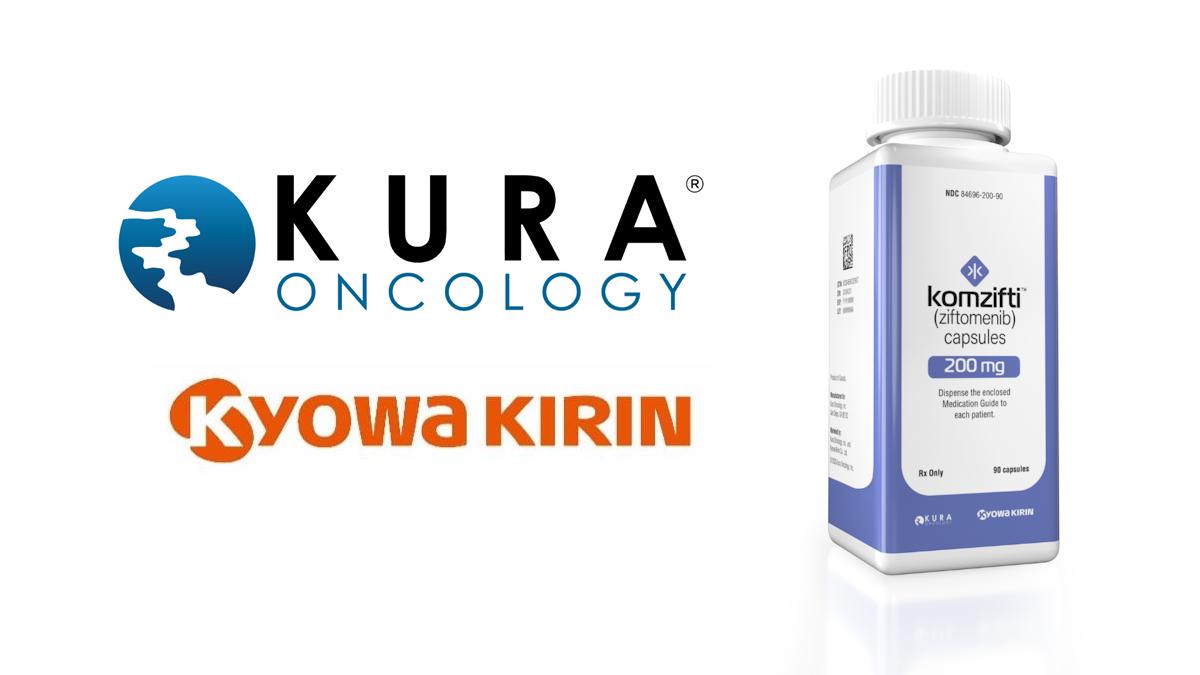Pfizer will have to cut price of AML drug Mylotarg after NICE ruling

Pfizer will have to cut the price of its leukaemia drug Mylotarg to get regular funding from the NHS, after England’s NICE said it could only be used in about 35% of eligible patients.
NICE said it was limiting use in draft guidance because Mylotarg (gemtuzumab ozogamicin) is slightly too expensive for a subgroup of patients with acute myeloid leukaemia (AML).
Mylotarg is approved for people aged 15 years or older with newly-diagnosed AML in combination with chemotherapy, if they have CD-33 positive disease.
But NICE has only recommended Mylotarg in patients who clearly have the mutation present – if there is any doubt NICE said the drug is not cost-effective.
According to Pfizer around 65% of eligible patients will not have their treatment funded by the NHS as a result of the ruling.
However NICE’s appraisal of Milotarg shows that for this group, Milotarg would cost £31,709 per QALY gained in patients with “intermediate cytogenetic status”, just above NICE’s £30,000 upper threshold.
This suggests that a small discount from the already-confidential list price could swing things in Pfizer’s favour.
Craig Eagle, head of oncology at Pfizer, said the company will “continue working with NICE to ensure that all patients who are eligible to benefit from this treatment are able to access it once a final recommendation is issued.”
NICE is consulting on the draft guidance until 18 June, ahead of a final draft due later this year.
Mylotarg was first approved in 2000 and was the world’s first antibody-drug conjugate, consisting of a cancer-seeking antibody bound to a cytotoxic compound unleashed when the drug binds to its target.
But Pfizer voluntarily withdrew in 2010 in AML, after concerns about its safety that emerged in confirmatory trials.
Mylotarg was also the first drug approved conditionally by the FDA on the basis of earlier stage data.
However oncologists put pressure on Pfizer to get the drug back on the market with new clinical evidence, which has been enough to sway first regulators in the US and Europe
A rare and aggressive blood cancer, the average life expectancy in AML is less than 10 months if left untreated, Mylotarg has been shown to vastly improve outcomes compared with chemotherapy.
The goal of treatment is complete remission, and trial data showed that 81% of patients achieved remission when treated with Mylotarg.
There was also statistically significant improvement in event free survival – 17.3 months in patients treated with Mylotarg, compared with 9.5 months in those treated with chemotherapy.












